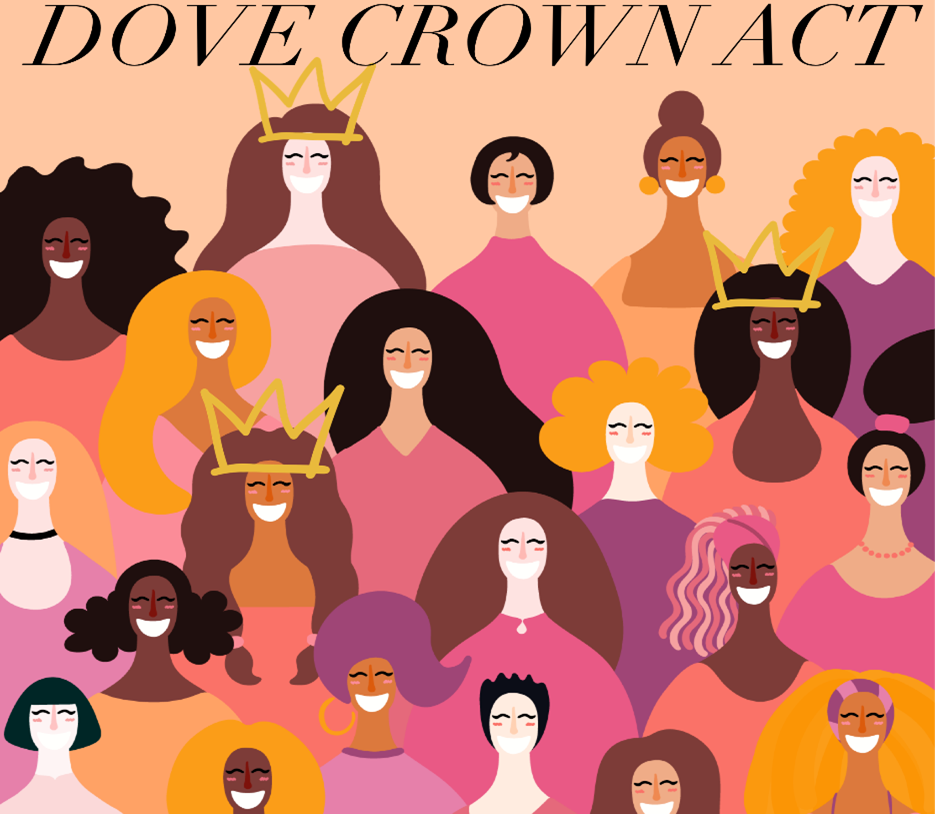- Hyderally & Associates P.C | Employment Lawyers NJ, NY
- (973) 509-8500
- tyh@employmentlit.com
Dove’s CROWN Act Prohibits Discrimination Based on Hairstyle
Are You a COVID-19 “Long-Hauler” Worried about Your Employment Rights?
October 23, 2020What if My Employer Is Shut Down for Disobeying Executive Orders?
November 6, 2020By: Chantal N. Guerriero, Esq. and Ty Hyderally, Esq.
Last year, beauty brand Dove set out to make the CROWN Act into law nationwide. “CROWN” stands for Creating a Respectful and Open World for Natural Hair, and the act aims to do just that by extending statutory protections to hair texture and protective styles such as braids, locs, twists, and knots in the workplace and public schools. So far, the Act has been enacted in seven states nation-wide, including both New Jersey and New York. In the wake of the reignited Black Lives Matter Movement, employers should be well aware such protections and follow them in the workplace.

In New Jersey, the Law Against Discrimination (“LAD”) protects employees from discrimination, harassment, and retaliation in the workplace based on race, creed, color, national origin, nationality, ancestry, sex, pregnancy, sexual orientation, gender identity or expression, disability, and age, among other traits. Under this umbrella, a race-based discrimination claim stemming from an employer’s unlawful practices with respect to employee hairstyles can be made.
For example, an employer who prohibits certain hairstyles in the workplace, like the aforementioned locs, twists, and knots, may be in violation of the LAD. Employees who would ordinarily prefer to wear their hair in this manner or have little choice but to wear their hair in this manner would be left with no option but to change their hairstyles in order to keep their jobs. Recognizing this as a discriminatory practice, the CROWN Act aims to normalize the diverse population and workforce that exists in the United States, as well as their diverse hair textures and styles. Moreover, it recognizes that such hair textures and styles are inextricably intertwined with their race. In cases where employees find themselves in the aforementioned situation, they are statutorily protected.
Additionally, in such situations where employees object or refuse to follow their employer’s discriminatory practices, and are thereafter retaliated against by their employers, they may also be statutorily protected. The Conscientious Employee Protection Act (“CEPA”), New Jersey’s whistleblower law, makes it unlawful for employers to retaliate against employees who object to practices that they reasonably believe to be a violation of law or public policy. In this context, an employee may refuse to follow their employer’s discriminatory dress-code policy by continuing to wear their hair in a certain style. If the employer responds by retaliating against that employee, they may be in violation of CEPA. Examples of retaliation include termination, demotion, and harassment.
As the country continues to progress, so should the workplace. Employees who may have been subjected to discriminatory, harassing, or retaliatory treatment by their employers based on a protected trait should seek legal advice in order to determine their legal rights and remedies.
En nuestra firma hablamos español. This blog is for informational purposes only. It does not constitute legal advice, and may not reasonably be relied upon as such. If you face a legal issue, you should consult a qualified attorney for independent legal advice with regard to your particular set of facts. This blog may constitute attorney advertising. This blog is not intended to communicate with anyone in a state or other jurisdiction where such a blog may fail to comply with all laws and ethical rules of that state of jurisdiction.

